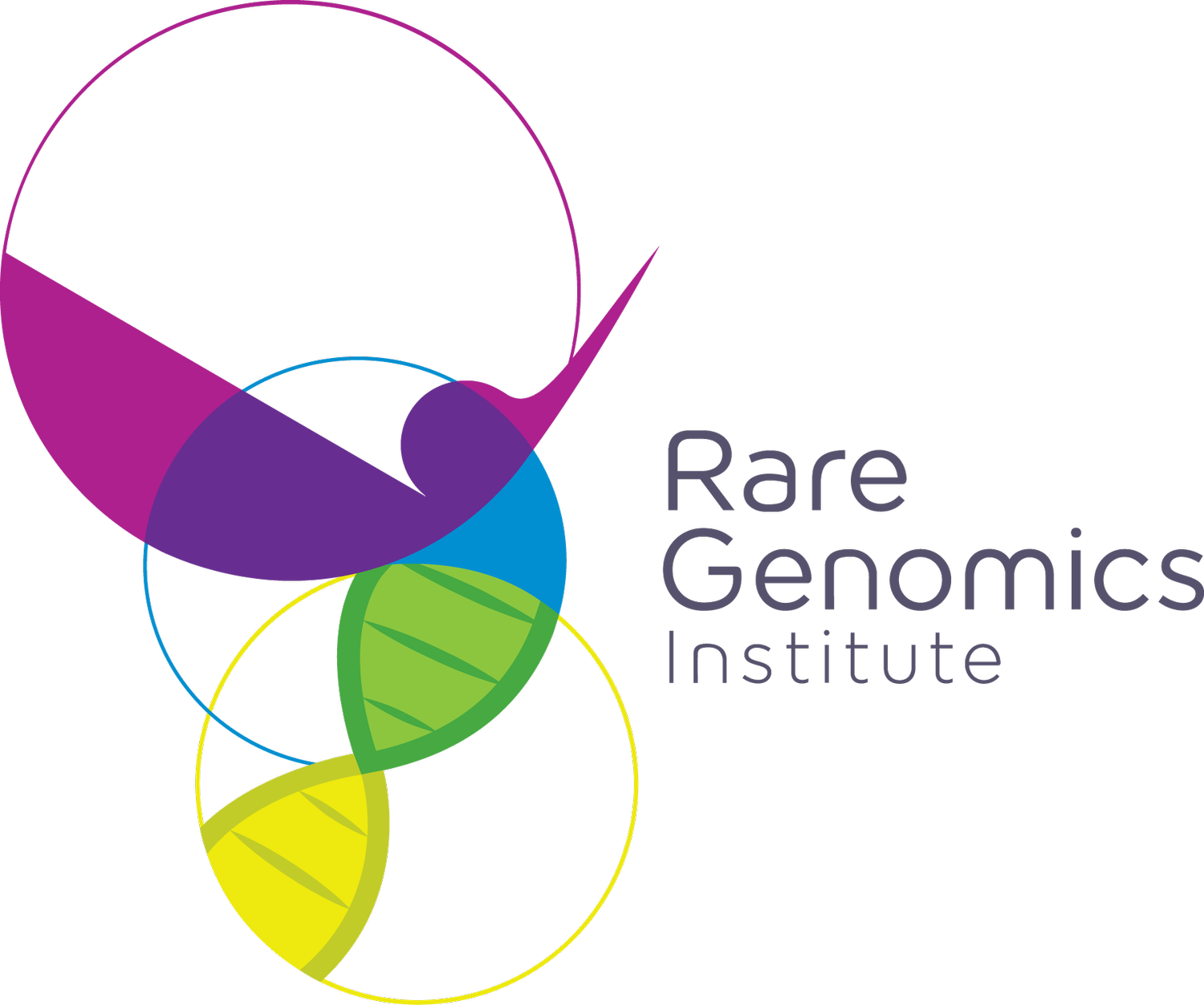Pachygyria
What is Pachygyria?
Pachygyria is characterized by malformation of gyri (ridges between the wrinkles in the brain) due to abnormal migration of neurons in the developing brain and nervous system. Pachygyria is also known as "incomplete lissencephaly." Pachygyria may occur alone in the isolated form or as a part of another syndrome. Symptoms vary among affected people and may include moderate to severe developmental delay, seizures, poor muscle tone and control, feeding or swallowing difficulties, and microcephaly (small head size).
What is the prevalence of Pachygyria?
The overall incidence of Pachygyria is rare and estimated around 1.2/100,000 births.
How is Pachygyria diagnosed?
If suspected before birth, Pachygyria may be confirmed by specialized testing during pregnancy, such as cell-free fetal DNA, amniocentesis or chorionic villus sampling (CVS). Pachygyria may be diagnosed thorough clinical evaluation, brain imaging studies, including computerized tomography (CT) scanning, magnetic resonance imaging (MRI) and genetic testing like chromosomal analysis, or specific gene mutational analysis.
Is there any specific gene/pathway in Pachygyria that has been identified?
Pachygyria may be due to various non-genetic and genetic factors, including intrauterine infection, insufficient supply of oxygenated blood to the brain (ischemia) during fetal development, and/or different gene mutations. Genetic mutations which may be responsible for Pachygyria include LIS1, DCX, ARX, RELN, TUBA1A, NDE1, KATNB1, and CDK5. Mutations of these genes inhibit neuronal migration during fetal development.
How is Pachygyria treated?
Because the symptoms of Pachygyria vary from person to person, treatment is symptomatic, and may include anti-seizure medication, such as Trileptal (oxcarbazepine), and special or supplemental education consisting of physical, occupational, and speech therapies.
Are there any clinical trials underway for Pachygyria?
The National Institutes of Health (NIH) has already completed one clinical trial for Pachygyria. Currently, there are no clinical trials underway for the condition. More information on future studies and patient recruitment can be found here: https://www.clinicaltrials.gov/ct2/results?cond=Neuronal+Migration+Disorders
How can RareShare be helpful to Pachygyria patients and families?
The Pachygyria Rareshare community has 43 members. There are currently 9 active discussions underway, helping to connect patients, health workers, caregivers and families interested in Pachygyria and providing them continual access to community resources.
